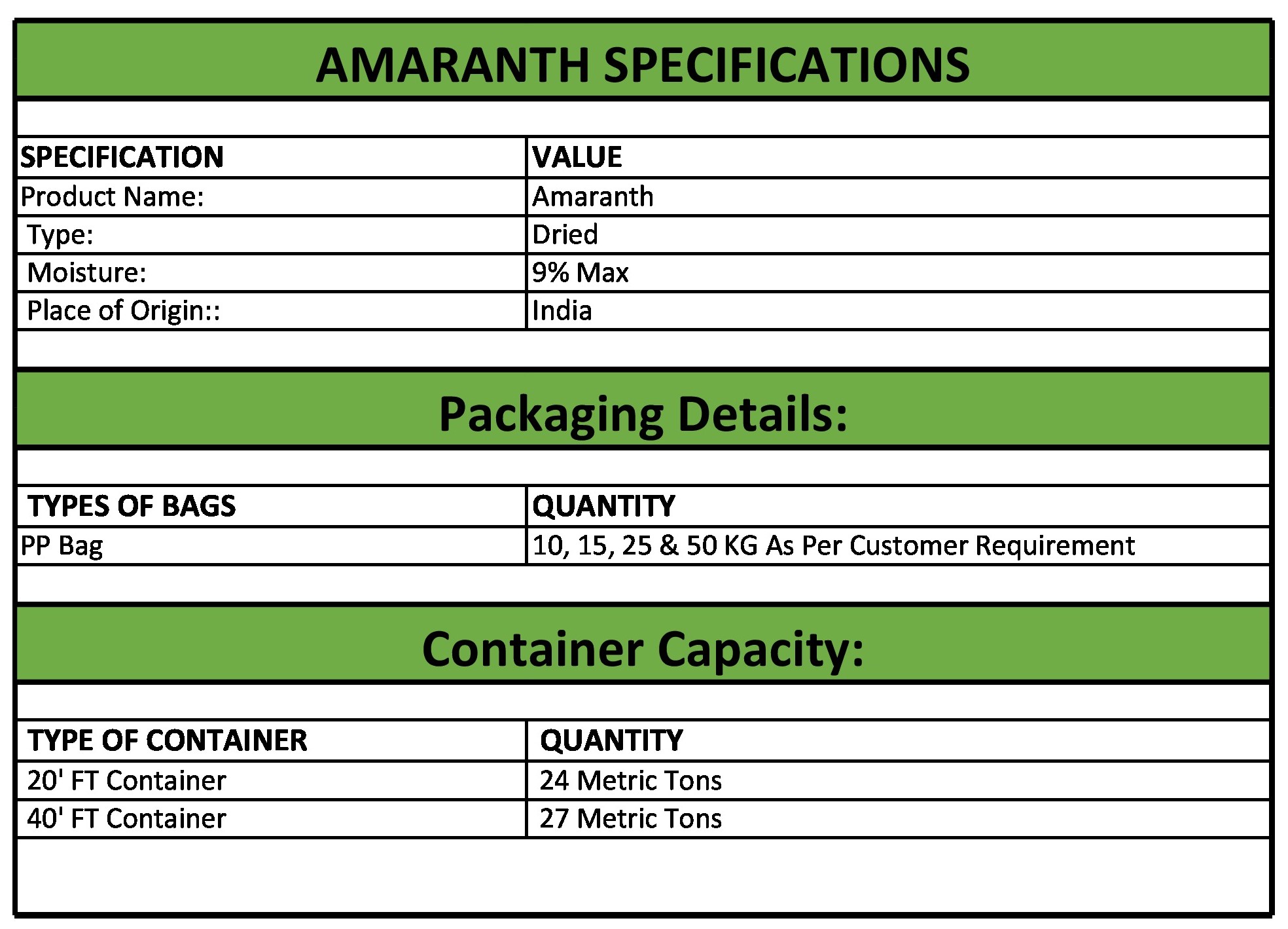


RICH IN PROTEIN – supports muscle growth and provides sustained energy.
HIGH IN FIBER – promotes healthy digestion and prevents constipation.
GLUTEN-FREE – suitable for people with gluten intolerance or celiac disease.
RICH IN ANTIOXIDANTS – protects cells from oxidative stress and supports overall wellness.
SUPPORTS HEART HEALTH – helps maintain healthy cholesterol and cardiovascular function.
RICH IN VITAMINS & MINERALS – contains calcium, iron, magnesium, and B-vitamins for overall health.
COOKING & PORRIDGES – used in breakfast porridges, porridge bars, and traditional recipes.
FLOUR & BAKING – ground into flour for bread, cakes, and gluten-free recipes.
HEALTH MIXES & SNACKS – added to cereals, protein bars, and wellness mixes.
FERMENTED FOODS – used in dosa, idli, and other fermented preparations.
ANIMAL FEED – nutritious feed for poultry and livestock.